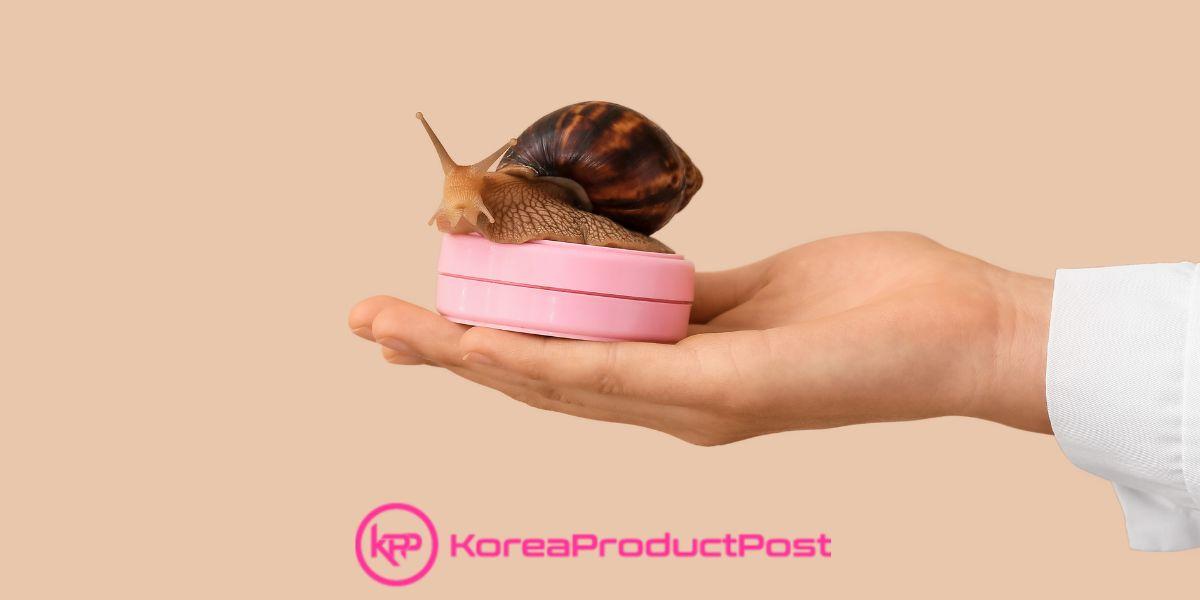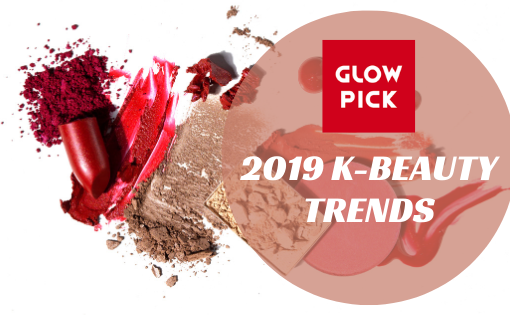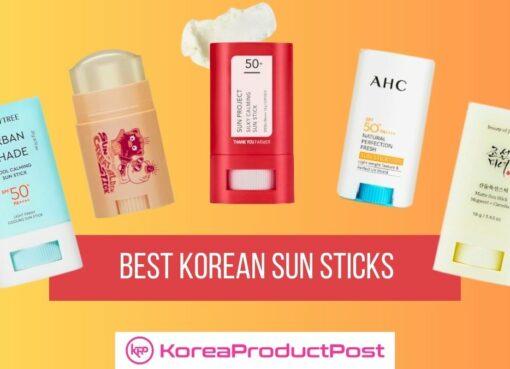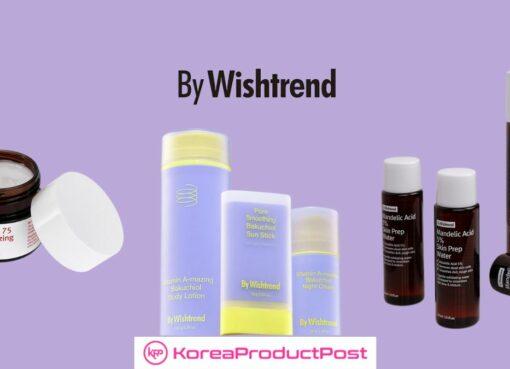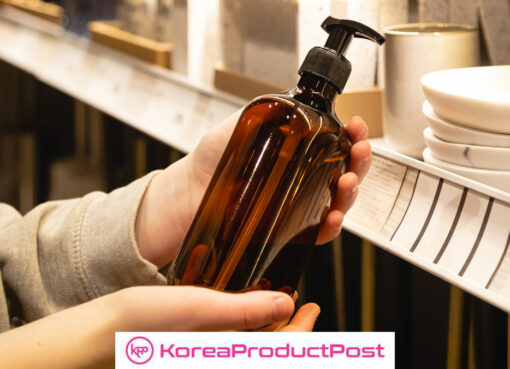In the vast realm of skincare, snail mucin has emerged as a surprising yet highly effective ingredient, boasting a plethora of benefits for the skin. From ancient times to the modern K-beauty world, snail mucin has carved its niche as a potent remedy for various skin concerns. Let’s delve into the fascinating world of snail mucin, exploring its origins, benefits, products, and potential side effects for skin.
Unveiling the Secrets of Snail Mucin
Benefits of Snail Mucin for Skin
Snail mucin, also known as snail secretion filtrate, is revered for its skin-rejuvenating properties. Here are some of its notable benefits of snail mucin for skin:
- Hydration: It is a humectant, meaning it retains moisture, keeping the skin hydrated and plump.
- Anti-aging: It is rich in antioxidants, which fight against free radicals, reducing the appearance of fine lines and wrinkles.
- Skin Repair: The zinc and other enzymes found in snail mucin aid in repairing damaged skin, promoting a healthy, glowing complexion.
- Acne and Scar Healing: It is known to facilitate the healing of acne and reduction of scars, thanks to its anti-inflammatory and regenerative properties.
Check out: Best Snail Creams of 2023 for Beauty-ful Skin
Where Does Snail Mucin Come From?
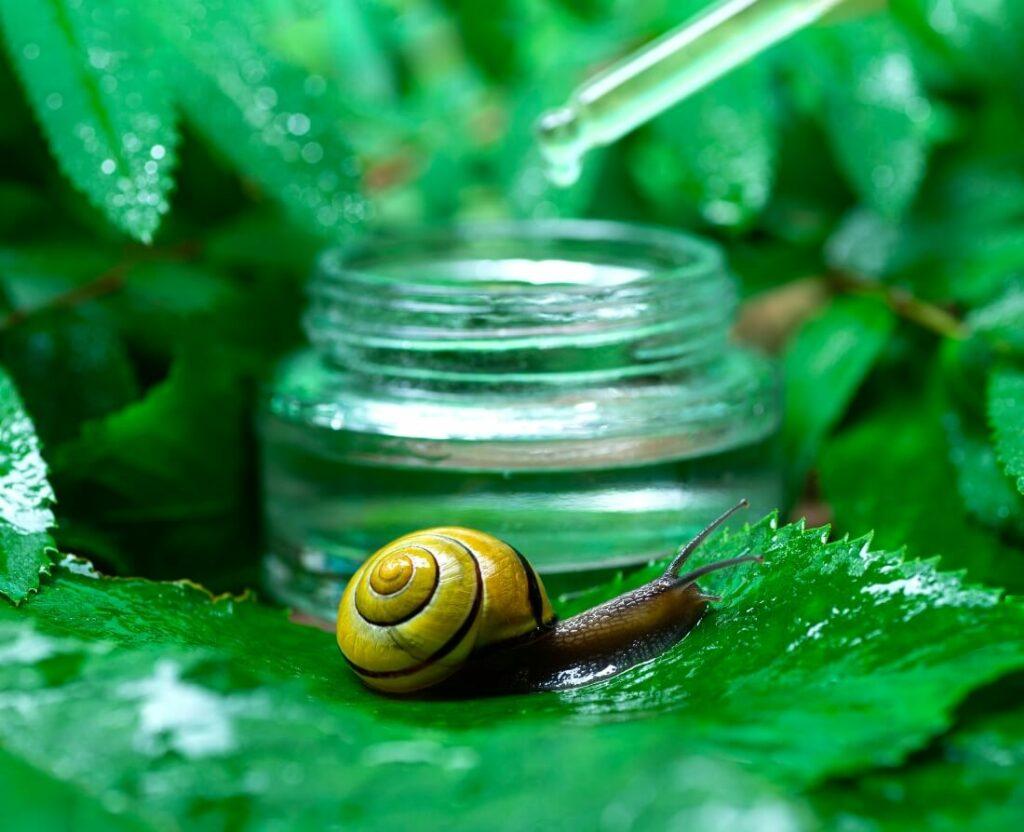
Snail mucin is derived from the secretions of land snails, primarily from species like Helix aspersa. The mucin is harvested in a process that involves stimulating the snails to secrete the precious slime, which is then filtered and purified for use in skincare products. It’s crucial to note that ethical brands ensure that snails are not harmed during the extraction process, providing a cruelty-free product.
Additionally, snail mucin is composed of a unique blend of proteins, glycolic acids, zinc, and enzymes, which collectively contribute to its skin-nourishing properties. It is a versatile ingredient that can address a range of skin issues, from dryness and damage to aging and acne, making it a beloved component in various skincare formulations.
Snail Mucin Products
The skincare market is flooded with a myriad of products that harness the power of snail mucin. Some of the popular types include:
- Serums: Lightweight and potent, snail mucin serums penetrate deeply into the skin, delivering intensive hydration and repair.
- Creams: Snail mucin-infused creams are renowned for their moisturizing and anti-aging properties, offering a youthful glow.
- Sheet Masks: For a quick and concentrated treatment, snail mucin sheet masks provide a burst of hydration and nourishment.
- Eye Creams: Targeting the delicate area around the eyes, these creams aim to reduce puffiness, dark circles, and fine lines.
Snail Mucin Side Effects
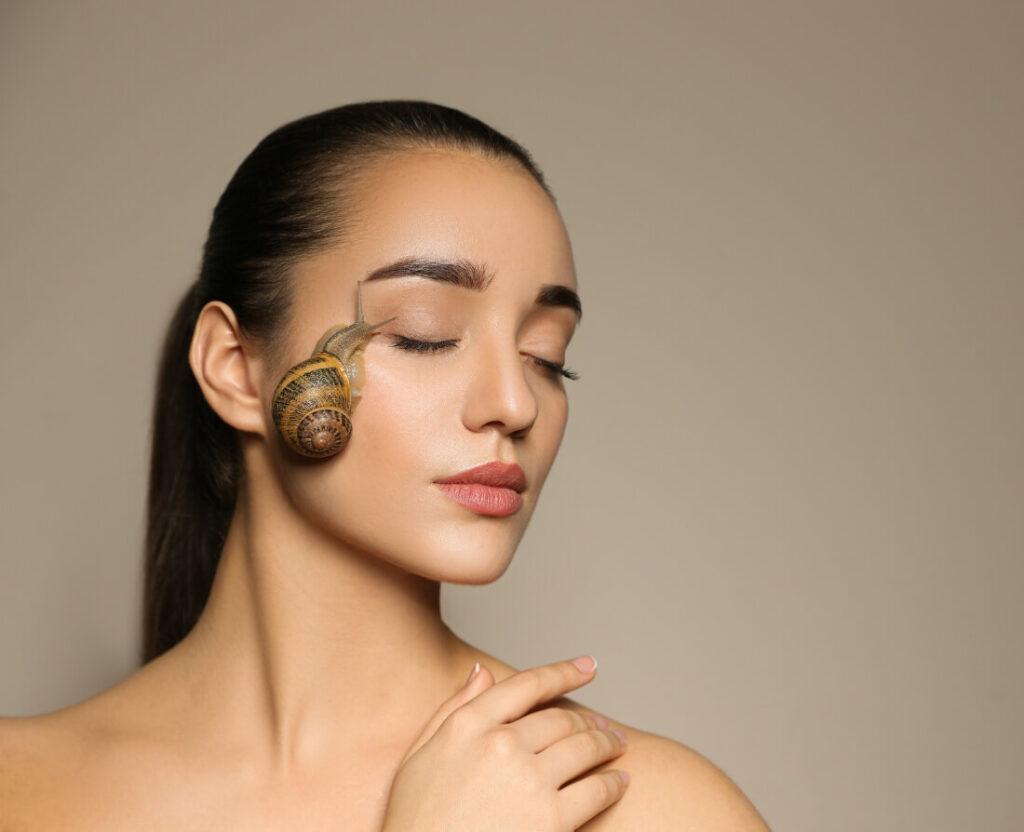
While snail mucin is generally considered safe for all skin types, it is not entirely exempt from causing adverse reactions in some individuals. Some potential side effects include:
- Allergic Reactions: Some people might experience redness, itching, or swelling upon using snail mucin products.
- Skin Irritation: Sensitive skin types might encounter irritation or breakouts, especially when using products with high concentrations of snail mucin.
- Incompatibility with Other Ingredients: Snail mucin may not interact well with some other skincare ingredients, potentially diminishing its efficacy or causing irritation.
Wrap Up
Snail mucin, with its rich composition and myriad of benefits for skin, has rightfully earned its spot in the skincare spotlight. From hydrating and healing to anti-aging, it addresses a spectrum of skin concerns, making it a staple in various skincare products. However, as with any ingredient, it is vital to conduct a patch test to ensure compatibility with your skin and consult a dermatologist if any adverse reactions occur. Embracing snail mucin could be your ticket to achieving a radiant, youthful, and healthy complexion, navigating through the journey of mindful skincare.
Join us on an exciting journey to explore the vibrant world of Korean lifestyle – from the latest beauty tips to the hottest tech and so much more on Facebook, Twitter, LinkedIn, and Flipboard.



